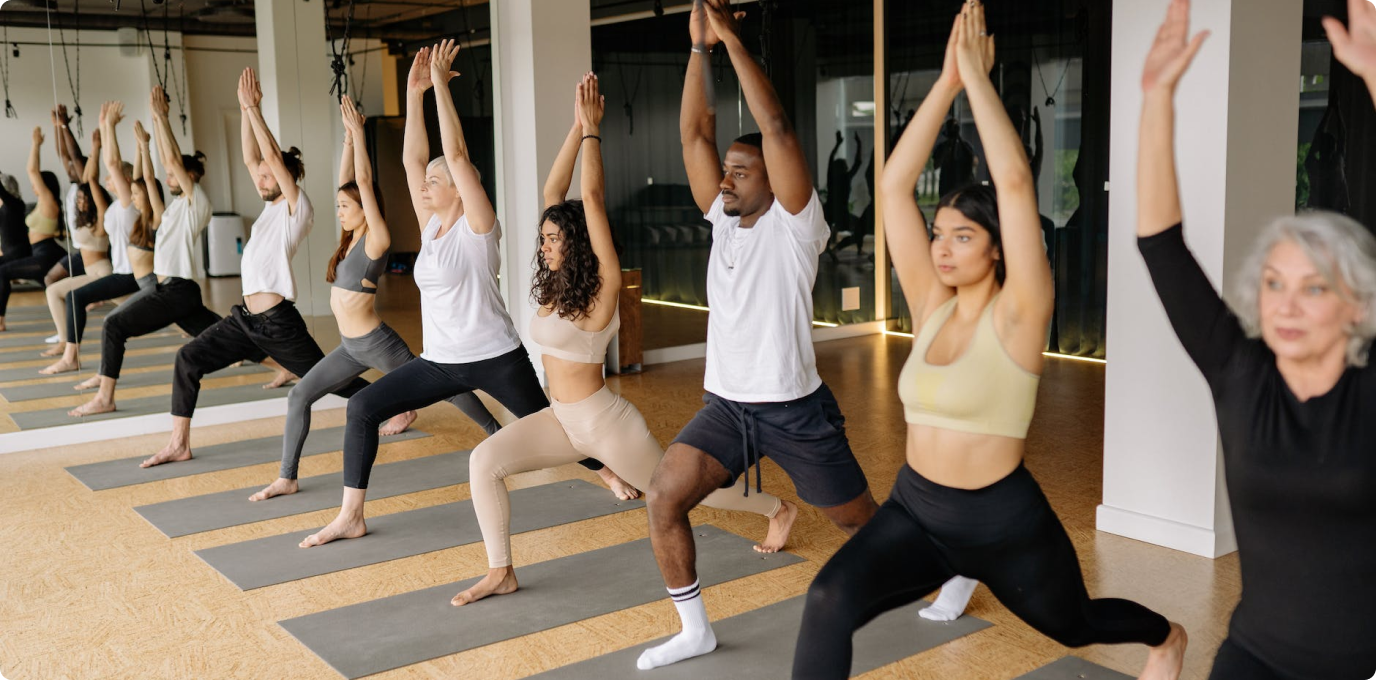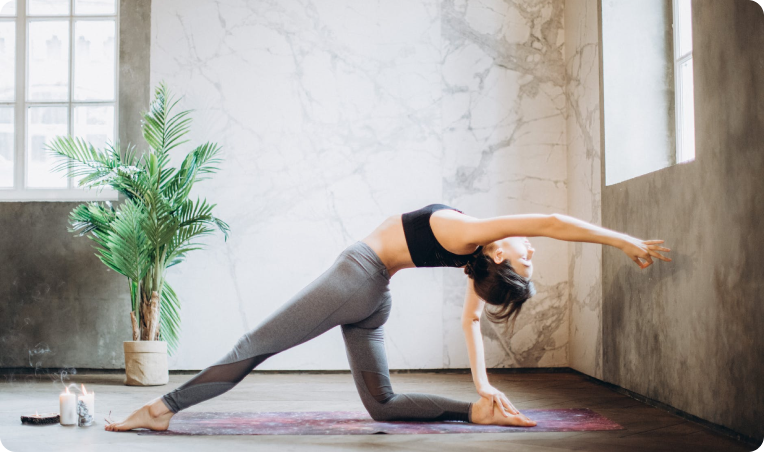The Importanceof Stretching
Stretching plays a pivotal role in maintaining overall physical well-being and promoting flexibility, a fundamental component of optimal health. Embracing the importance of stretching transcends the realm of mere exercise; it is a cornerstone of a holistic approach to fitness and longevity. This practice goes beyond the conventional boundaries of warm-up routines, as it cultivates a deeper connection between the body and mind.
Engaging in regular stretching exercises enhances the range of motion in joints, fostering increased flexibility that is essential for various daily activities. Whether reaching for objects overhead or bending to tie shoelaces, a flexible body contributes to improved functionality and reduced risk of injuries. Moreover, the flexibility gained through stretching extends to muscle groups, alleviating tension and promoting a more fluid and graceful movement.
Introduction:
Stretching serves as a potent antidote to the sedentary nature of modern lifestyles, counteracting the adverse effects of prolonged sitting and desk-bound routines. As individuals incorporate stretching into their daily regimen, they unravel the knots of muscular tightness that often result from prolonged periods of inactivity. This proactive approach not only mitigates discomfort but also enhances posture and overall body awareness.
1. Flexibility and Range of Motion: Stretching enhances flexibility by elongating muscles and increasing the range of motion in joints. This improved flexibility is essential for performing various activities, from simple daily tasks to more complex physical exercises.
2. Injury Prevention: Regular stretching can help prevent injuries by preparing the muscles for physical activity. When muscles are properly warmed up and flexible, the risk of strains, sprains, and other injuries is significantly reduced. This is particularly important for athletes and individuals engaging in strenuous physical activities.

3. Muscle Recovery: Stretching aids in the recovery process after physical exertion. It helps reduce muscle soreness by promoting blood flow and nutrient delivery to the muscles. This increased circulation helps remove waste products that accumulate during exercise, contributing to a faster recovery.
3. Improved Posture: Tight muscles can contribute to poor posture, leading to discomfort and potential long-term issues. Stretching helps alleviate muscle tension, promoting better alignment and posture. This, in turn, reduces the likelihood of developing musculoskeletal problems.
Yoga is the journey of the self, through the self, to the self.
As we delve into the intricate interplay of breath, movement, and presence on the mat, we awaken to the transformative power of yoga to cultivate inner peace and balance amidst life's ebb and flow.
-The Bhagavad Gita
Conclusion:
the importance of stretching cannot be overstated in maintaining overall health and well-being. Through its myriad benefits, stretching plays a crucial role in enhancing flexibility, improving range of motion, and preventing injuries. Whether engaged in physical activities or leading a sedentary lifestyle, incorporating regular stretching routines into daily life can yield significant advantages. Stretching not only prepares the body for exercise but also aids in reducing muscle tension, promoting better posture, and enhancing circulation.
Related posts
Unlocking the Secrets of Meditation
Unlocking the Secrets of Meditation delves into the profound and transformative practice of meditati...
Finding Balance: Yoga for Busy Lives
Discover a transformative journey with “Finding Balance: Yoga for Busy Lives.” This invi...









Add Comment